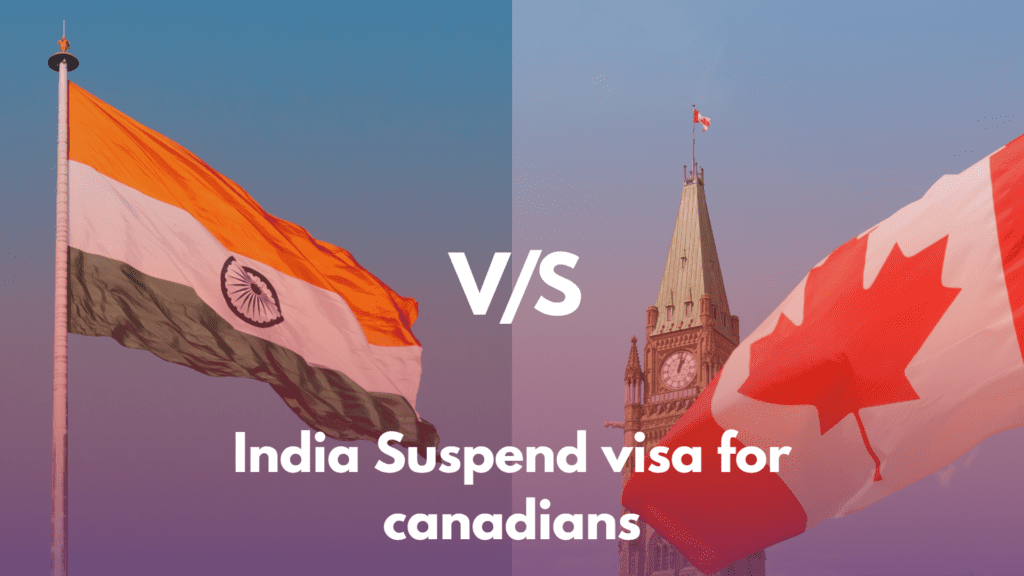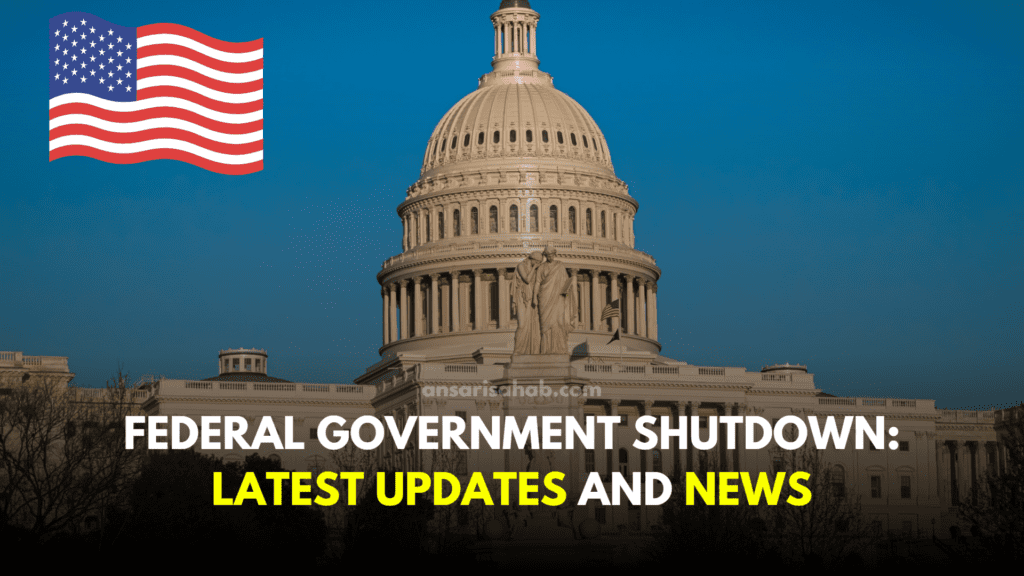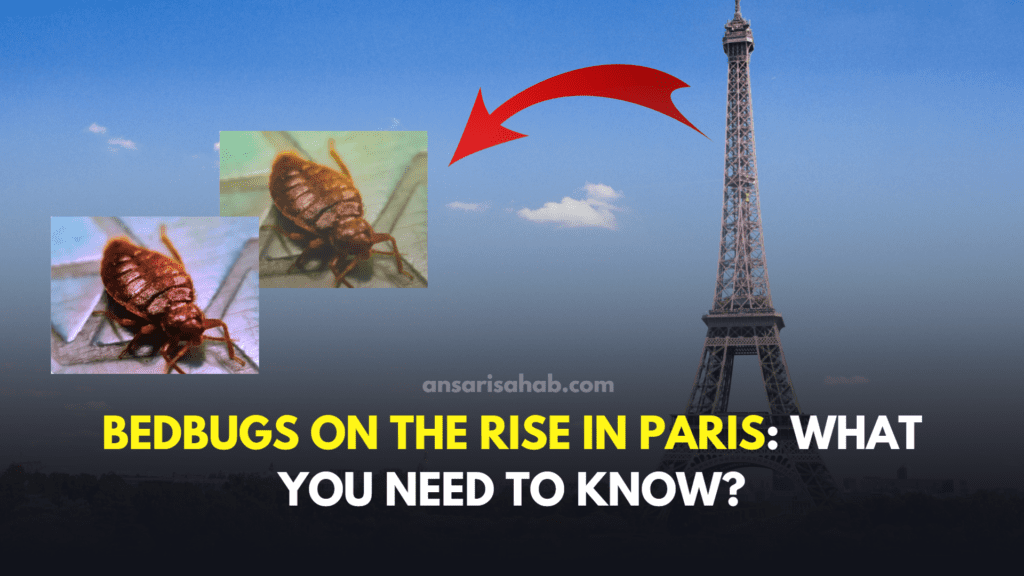Funeral and Escalation: Key Developments
Thousands of mourners gathered in Sanaa on September 1 to attend the funeral of Houthi Prime Minister Ahmed al-Rahawi and 11 senior officials, all slain in an Israeli airstrike on August 28. The funeral, held at Al-Saleh Mosque, quickly amplified tensions as mourners chanted against Israel and the U.S. Meanwhile, Houthi forces stormed UN offices in the capital, detaining at least 19 humanitarian staff—prompting a global outcry and heightened crisis in international aid access.
Background of the Strike and Leadership Shift
The August 28 Israeli strike targeted a Houthi government gathering in Sanaa, killing al-Rahawi and more than half of the 22-member cabinet. The assault is one of the most high-profile leadership casualties in recent Yemen history. In response, the Houthi-run Supreme Political Council appointed Deputy Prime Minister Muhammad Ahmed Miftah as acting prime minister on August 30.
UN Detentions and Aid Access Crisis
Following the funeral, Houthi forces raided multiple United Nations offices—detaining at least 19 WFP, WHO, and UNICEF staff in Sanaa and Hudaydah. The UN condemned these actions, warning of further obstacles to delivering critical aid in an already dire humanitarian setting.
Retaliation and Broader Impacts
As a show of retaliation, the Houthis launched a missile at the Israeli-linked oil tanker Scarlet Ray in the Red Sea, contributing to rising regional maritime insecurity. Though UNMTO confirmed no damage or injuries, the incident signals a marked escalation in Houthi operations against global shipping.
Analysts see these developments as further destabilizing an already volatile region, entwined with broader Gaza conflict dynamics. The leadership vacuum and al-Rahawi’s replacement may shift Houthi posture toward more hardline stances.
What This Means
This sequence of events—the killing of top Houthi leaders, the mass funeral, detention of UN staff, and renewed Red Sea attacks—marks an acute escalation in Yemen’s crisis. Aid disruptions risk worsening famine and displacement. For regional actors, the fallout may prompt diplomatic recalibrations or intensified interventions tied to the Gaza conflict’s ripple effects.
FAQs
A: Ahmed al-Rahawi was the Houthi-appointed prime minister of Yemen’s Supreme Political Council from August 2024 until his assassination in an Israeli airstrike on August 28, 2025, marking one of the deadliest losses among Houthi leadership this year.
A: Houthi forces raided UN facilities in Sanaa and Hudaydah, detaining at least 19 staff—including those from WFP, WHO, and UNICEF—as part of a broader crackdown following the Israeli strike.
A: In retaliation, the Houthis launched a missile at the Liberian-flagged, Israeli-linked Scarlet Ray tanker in the Red Sea. Although there were no casualties or damage, the attack underscores growing threats to maritime security.
Sources:
Reuters
AP News
Al Jazeera









